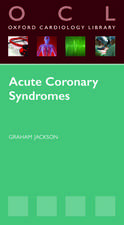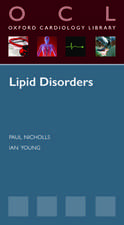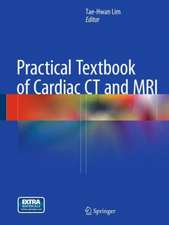Microcirculation in Fractal Branching Networks
Autor Tatsuhisa Takahashien Limba Engleză Hardback – 26 sep 2013
| Toate formatele și edițiile | Preț | Express |
|---|---|---|
| Paperback (1) | 966.67 lei 38-44 zile | |
| Springer – 22 aug 2016 | 966.67 lei 38-44 zile | |
| Hardback (1) | 1093.35 lei 43-57 zile | |
| Springer – 26 sep 2013 | 1093.35 lei 43-57 zile |
Preț: 1093.35 lei
Preț vechi: 1150.89 lei
-5% Nou
Puncte Express: 1640
Preț estimativ în valută:
209.27€ • 215.66$ • 176.67£
209.27€ • 215.66$ • 176.67£
Carte tipărită la comandă
Livrare economică 03-17 martie
Preluare comenzi: 021 569.72.76
Specificații
ISBN-13: 9784431545071
ISBN-10: 4431545077
Pagini: 138
Ilustrații: XIII, 138 p. 43 illus.
Dimensiuni: 155 x 235 x 18 mm
Greutate: 0.4 kg
Ediția:2014
Editura: Springer
Colecția Springer
Locul publicării:Tokyo, Japan
ISBN-10: 4431545077
Pagini: 138
Ilustrații: XIII, 138 p. 43 illus.
Dimensiuni: 155 x 235 x 18 mm
Greutate: 0.4 kg
Ediția:2014
Editura: Springer
Colecția Springer
Locul publicării:Tokyo, Japan
Public țintă
ResearchCuprins
Branching Systems of Fractal Vascular Trees.- A Theoretical Model for the Microcirculatory Network.- Oxygen Consumption by Vascular Walls in the Retinal Vasculature.- The Fåhraeus-Lindqvist Effect on the Retinal Microcirculation.- Effects of a Reduction in the Bifurcation Exponent from 3.00 to 2.85.- Asymmetrically B ranching Microvascular Networks
Notă biografică
Dr. Takahashi obtained PhD degree in Faculty of Engineering, Graduate School of Engineering, School of Engineering Hokkaido University, Japan in 1993. He started his carrier as an assistant professor at Department of Electrical and Information Engineering (renamed as Department of Bio-system Engineering in 2000) of Yamagata University in the same year. He received ESM Travel Award by the European Society for Microcirculation in 1992. He moved to Department of Mathematical Information Science of Asahikawa Medical University as an associate professor in 2002.
Textul de pe ultima copertă
This book presents a new method for analyzing the structure and function of the biological branching systems of fractal trees, with a focus on microcirculation. Branching systems in humans (vascular and bronchial trees) and those in the natural world (plants, trees, and rivers) are characterized by a fractal nature. To date, fractal studies have tended to concentrate on fractal dimensions, which quantify the complexity of objects, but the applications for practical use have remained largely unexplored. This book breaks new ground with topics that include the human retinal microcirculatory network, oxygen consumption by vascular walls, the Fåhraeus-Lindqvist effect, the bifurcation exponent, and the asymmetrical microvascular network. Readers are provided with simple formulas to express functions and a simulation graph with in vivo data. The book also discusses the mechanisms regulating blood flow and pressure and how they are related to pathological changes in the human body. Researchers and clinicians alike will find valuable new insights in these pioneering studies.
Caracteristici
Describes the function of microcirculation and micro-vessels mathematically
Includes a wealth of graphs of results from both simulation and in vivo studies
Provides insights into the physiology, function and pathological change
Includes a wealth of graphs of results from both simulation and in vivo studies
Provides insights into the physiology, function and pathological change









